
A recent study reveals a heightened stroke risk in asthma patients recovering from severe COVID-19, emphasizing the need for proactive monitoring and management.

A recent study reveals a heightened stroke risk in asthma patients recovering from severe COVID-19, emphasizing the need for proactive monitoring and management.

Speakers at the 2024 International Myeloma Society (IMS) conference share the updates from the myeloma space that they were most excited about this year.

Saad Z. Usmani, MD, MBA, FACP, myeloma specialist and cellular therapist at Memorial Sloan Kettering Cancer Center, presented the results of the CEPHEUS trial and emphasized the positive impact daratumumab has on patients with multiple myeloma.

In 2024, the Asembia Specialty Pharmacy Summit celebrated 20 years and speakers highlighted the conversations around improving access and affordability taking place at the meeting.
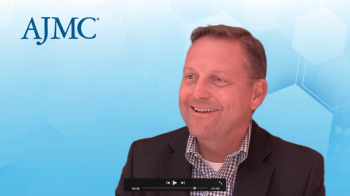
While the novel payment models for expensive cell and gene therapies have been effective, they need to continue evolving, said Joe DePinto, MBA, of McKesson.
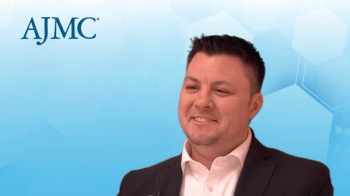
The health-system specialty pharmacy has the unique ability to coordinate better with the provider and take a team approach that reduces the chances of dropping the ball on the patient’s care.
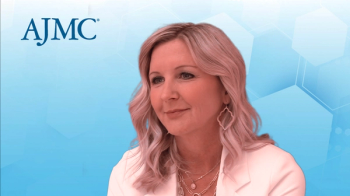
There are multiple levers that need to be pulled to allow biosimilars to come to market more broadly in the US, explained Fran Gregory, PharmD, MBA, vice president of emerging therapies, Cardinal Health.
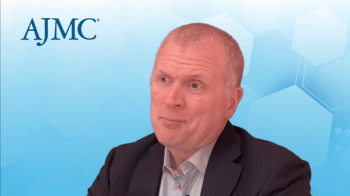
When the same product comes to market with additional indications, irrational pricing decisions result in ever-increasing prices instead of volume translating to lower costs, said Jon Mahrt, MBA, of OptumRX.

The real-time monitoring of patients through medically integrated dispensing (MID) programs can reduce costs of care and remove barriers, said Christie Smith, PharmD, MBA, vice president, pharmacy and payer strategy, Cencora.
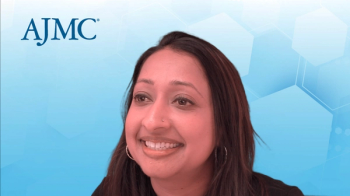
Payer coverage of biosimilars is always shifting as new ones come to market, explained Tasmina Hydery, PharmD, MBA, BCGP, associate director in digital solutions, Cencora.

Although all legislation is currently on hold in Congress, there are important actions under consideration for pharmacy, including digital therapeutics, access to care, and health care disparities.

The supplemental biologics license application (sBLA) is supported by the results of the XTEND-Kids study, demonstrating a once-weekly 50 IU/kg dose of antihemophilic factor (recombinant) provides effective bleed protection in children with hemophilia A and can be used across clinical scenarios.
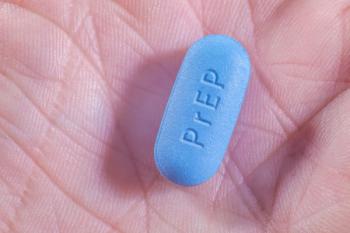
Applying novel and effective approaches based on behavioral economics for pre-exposure prophylaxis (PrEP) dissemination programs could help to tailor the programs to the populations and settings of areas with high HIV burden.

The study authors said that, to their knowledge, this will be the first systematic review focusing on the effects of cognitive interventions for those with chronic respiratory diseases.

Elizabeth Johnson, LPN, PACS, BPCA, CEO of MedicoCX, co-CEO of Healthcare Advocate Summit, and an Asembia 2023 presenter, discusses why more empathetic approaches that take into account the full range of the patient experience are needed to improve patient-focused health care.

The American Journal of Managed Care® interviewed 2 presenters at Asembia 2023, gaining insight on how the specialty pharmacy pipeline is growing and how health systems and payers can affect the accessibility and affordability of new specialty therapies.
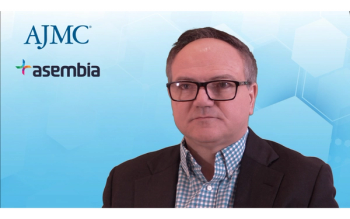
Sebastian Pistritto, chief marketing officer at ParcelShield Holdings, LLC, talks about how technology such as artificial intelligence helps to evaluate data to assist in medication delivery service decision-making, depending on the need of the pharmacy and its patients.
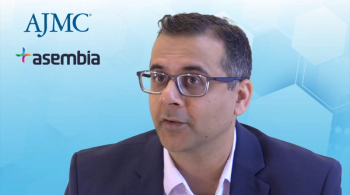
Neal Dave, PharmD, executive director of pharmacy operations at Texas Oncology, discusses updates to the National Community Oncology Dispensing Association (NCODA) Center of Excellence pharmacy accreditation program.
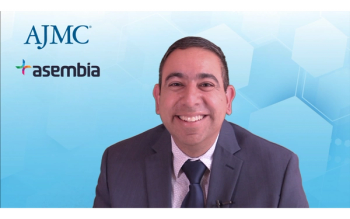
Naveen Mansukhani, director of operations and account management of Retail Pharmacy Services at Cardinal Health, talks about how the responsibility for saving costs does not just fall on one department or person, but is collaborative and requires strategy.
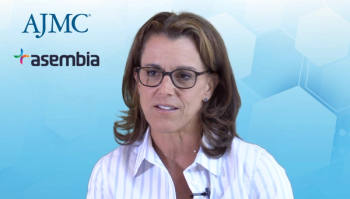
Connie Sullivan, president and CEO of the National Home Infusion Association (NHIA), discusses why at-home infusion is beneficial to patients and why so many patients reported feeling satisfied with home administration.
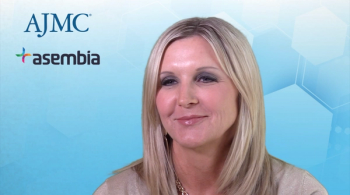
Fran Gregory, PharmD, vice president of emerging therapies at Cardinal Health, discusses what's to come as a result of a "second wave" of biosimilars hitting the market.
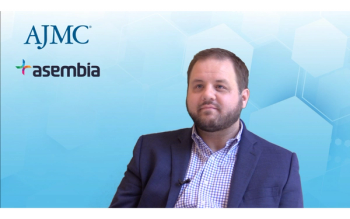
Technology and automation within patient assistance programs can enhance the patient journey and assist pharmaceutical manufacturers at a lower cost, explained Josh Marsh, vice president of Sonexus at Cardinal Health.

Study results indicates that the injectable antiretroviral therapy can benefit patients who are historically underserved and may face treatment barriers, including those with mental illness.

Investigators also confirmed that FGFR2 fusion–positive tumors have a higher expression of FGFR2 but were not associated with higher expression of FGFR1, FGFR3, or FGFR4.

Published: April 29th 2024 | Updated:
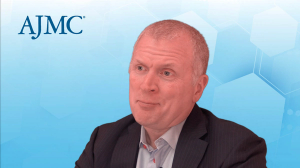
Published: April 30th 2024 | Updated:

Published: September 29th 2023 | Updated:

259 Prospect Plains Rd, Bldg H
Cranbury, NJ 08512
© 2025 MJH Life Sciences®
All rights reserved.
